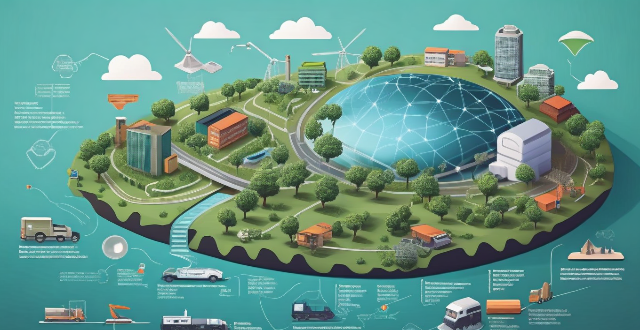International climate cooperation is crucial for mitigating global warming, adapting to climate change, protecting biodiversity, creating economic opportunities, enhancing global security, and promoting social justice. By working together, countries can reduce greenhouse gas emissions, develop clean energy technologies, share resources and knowledge, strengthen infrastructure, conserve ecosystems, prevent extinction, grow a green economy, create jobs, manage resources more effectively, improve public health, address climate injustice, and ensure equitable access to sustainable technologies. This collective effort is essential for preserving our planet's delicate ecosystems and ensuring a sustainable future for all.

Benefits of International Climate Cooperation
International climate cooperation refers to the collective efforts of nations around the world to address the challenges posed by climate change. This cooperation is crucial for several reasons, which are outlined below:
1. Mitigating Global Warming
- Reduction in Greenhouse Gas Emissions: By working together, countries can implement policies that reduce greenhouse gas emissions on a global scale. This is essential for slowing down the rate of global warming and preventing catastrophic climate change.
- Development of Clean Energy Technologies: International cooperation fosters the development and sharing of clean energy technologies, such as solar, wind, and hydroelectric power. This not only reduces reliance on fossil fuels but also creates new economic opportunities.
2. Adapting to Climate Change
- Sharing Resources and Knowledge: Countries with advanced adaptation strategies can share their knowledge and resources with those less prepared, helping them build resilience against climate impacts.
- Strengthening Infrastructure: International funding and expertise can assist in strengthening infrastructure in vulnerable regions, making them more resistant to extreme weather events like floods and droughts.
3. Protecting Biodiversity
- Conservation of Ecosystems: Climate change poses a significant threat to biodiversity. International cooperation ensures that conservation efforts are coordinated globally, protecting ecosystems and the species they support.
- Prevention of Extinction: By collaborating on conservation measures, countries can work together to prevent the extinction of endangered species and preserve our natural heritage.
4. Economic Opportunities
- Growth of Green Economy: International climate cooperation drives the growth of a green economy by promoting sustainable practices and investments in renewable energy sources.
- Job Creation: The transition to a low-carbon economy creates jobs in sectors such as renewable energy, energy efficiency, and sustainable agriculture.
5. Enhancing Global Security
- Reducing Conflicts Over Resources: Climate change exacerbates competition for scarce resources like water and arable land. International cooperation helps manage these resources more effectively, reducing the potential for conflicts.
- Improving Public Health: Climate change affects public health by increasing air pollution and spreading disease vectors like mosquitoes. Collaborative efforts can lead to better health outcomes worldwide.
6. Promoting Social Justice
- Addressing Climate Injustice: Vulnerable communities often bear the brunt of climate change impacts. International cooperation ensures that these communities receive support and resources to cope with climate-related challenges.
- Equitable Access to Sustainable Technologies: By working together, countries can ensure that sustainable technologies are accessible to all, regardless of economic status or geographic location.
In conclusion, international climate cooperation offers numerous benefits that extend beyond just mitigating climate change. It presents an opportunity for global solidarity, economic growth, and the protection of our planet's delicate ecosystems.